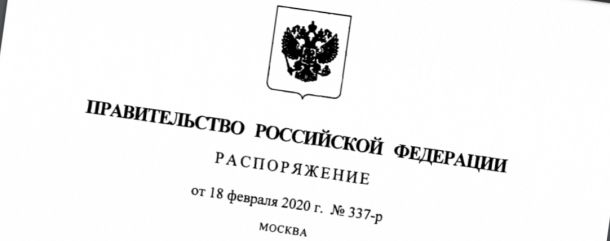
This week, the EU pulled its fleet out of Western Sahara, a territory largely occupied by Morocco. The Russian industrial trawlers should follow the European example, Western Sahara Resource Watch (WSRW) demanded today. Press release, WSRW, 16 Dec 2011.
WSRW, an organisation defending the Saharawi people’s right to their own resources, today urged the Russian government to “immediately follow the example of the EU and pull its trawlers out of occupied Western Sahara”.
WSRW has been working to stop the EU fleet in Western Sahara for the last five years. Now, the main player in the waters off Western Sahara is the Russian government.
The Russian fisheries agreement in Western Sahara accounts for 100.000 tonnes annually. Their trawlers, mainly from the northern Russian city of Murmansk, have been zigzagging the Saharan waters since a new Russian-Agreement was signed earlier this year.
“The peculiar thing is that the Russian and Moroccan governments are together breaking their own agreement. The fleet is clearly fishing outside of the waters that the agreement applies to”, stated spokesperson Sara Eyckmans of WSRW.
Eyckmans underlined that Article 1 of the Russian-Moroccan agreement specifies that it applies to “the Atlantic part of the Exclusive Economic Zone (EEZ) of the Kingdom of Morocco”. However, the Western Sahara waters are not part of the Moroccan EEZ.
“Contrary to the Saharawi Arabic Democratic Republic, Morocco has never even laid a maritime claim over those waters”, stated WSRW in a letter to President Medvedev today.
The letter also urged the Russian government to explain which measures have been taken to guarantee that the Saharawi people has been properly consulted prior to the signing of the renewed Fisheries Agreement and how they’ve expressed their consent to the accord.
An evaluation of the European Commission of the EU fisheries in Western Sahara concluded that the fish stocks of Western Sahara are currently under threat by the fisheries industry. Furthermore, the European Parliament’s legal service concluded such fisheries to be in violation of international law.
WSRW has fought against the EU fisheries agreement in Western Sahara for years. Now Russia, through its massive fisheries cooperation, stands to be the most important player in occupied territory.






.
Russia-Morocco controversial fisheries deal on the horizon
Russian and Moroccan representatives recently met to further discuss a new fisheries agreement covering the waters offshore occupied Western Sahara, but a new deal seems still pending.
Russia signs new fisheries deal for occupied Western Sahara
Russian plunder vessel pollutes Canary-Western Sahara strait
A Russian vessel that has been fishing illegally in occupied Western Sahara, sank a forthnight ago. The vessel is still leaking fuel oil in the area between the Canary Islands and Western Sahara.


